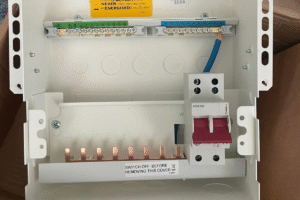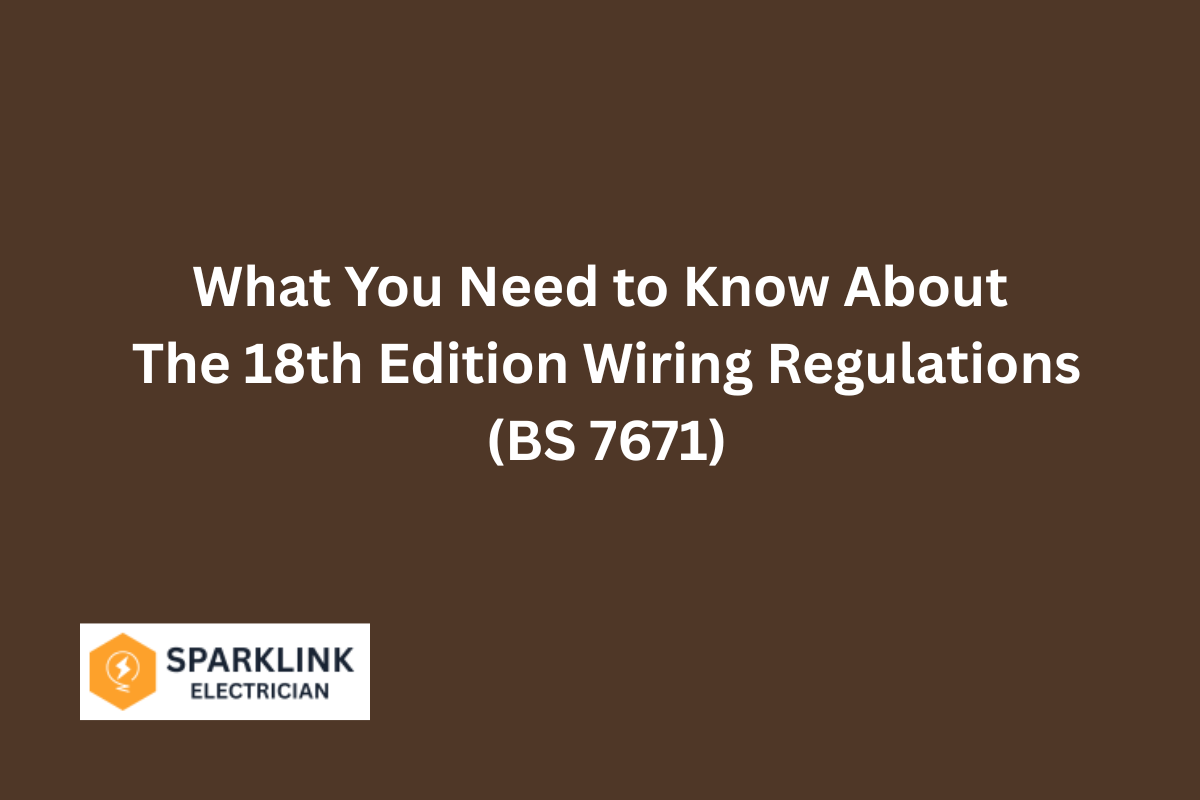The 18th Edition of the IET Wiring Regulations, also known as BS 7671, plays a crucial role in shaping how electrical installations are designed, inspected, and maintained across the United Kingdom. As the official standard for electrical wiring, it ensures that all work meets safety requirements while reflecting modern practices and technologies.
Since its introduction on 1st July 2018 (mandatory from 1st January 2019), the 18th Edition has brought several key updates to improve installation quality, safety, and efficiency. While the document may seem complex, electricians, designers, and inspectors must understand its requirements to remain compliant and keep the public safe.
What’s New in the 18th Edition?
One major change is the increased use of Residual Current Devices (RCDs). Now, RCD protection is required in many more circuits, including lighting, socket outlets, and even some fixed equipment helping reduce the risk of electric shock and fire.
Another major feature is the focus on Arc Fault Detection Devices (AFDDs). Though not mandatory in all installations, their use is strongly recommended in locations where enhanced protection is beneficial such as in residential buildings, schools, and care homes.
Additionally, the regulations now require metal cable support systems in escape routes to improve fire safety, ensuring that cables don’t collapse and block paths during emergencies.
Surge Protection & Energy Efficiency
Surge protection has become a hot topic. The 18th Edition requires that surge protection devices (SPDs) be assessed for inclusion in most installations. Installers must evaluate the potential consequences of not having SPDs, especially in buildings with sensitive electronics.
The new edition also encourages energy efficiency through better system design and the use of smart technologies. This reflects the growing importance of sustainability and aligns with global efforts to reduce carbon emissions.

Who Needs to Know This?
Whether you’re a practicing electrician, an apprentice, or a property manager, understanding these regulations is essential. The 18th Edition forms the legal basis for most electrical work in the UK and is referenced in Part P of the Building Regulations.
Courses and qualifications tailored to the 18th Edition are widely available and often required for registration with governing bodies like NICEIC, NAPIT, or ELECSA.
Final Thoughts
BS 7671 isn’t just a set of rules it’s a living document that evolves with the electrical industry. It protects lives, safeguards property, and ensures that professionals are working to the highest standard.
If you’re working in the electrical field, make sure you’re up to date. Not only does it show commitment to safety and excellence it could be the difference between a compliant installation and a costly mistake.

